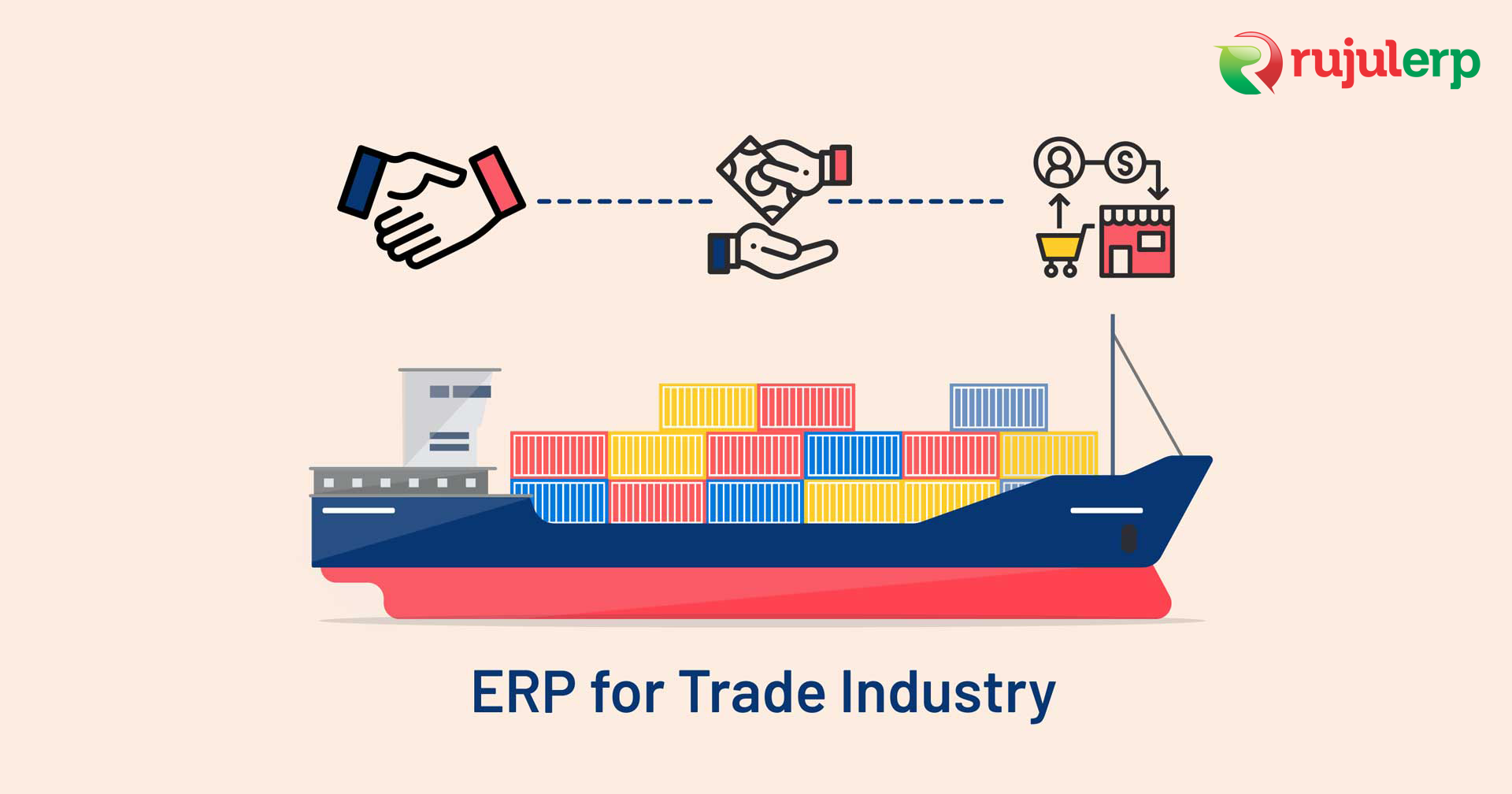A trading industry has to undergo several challenges, its difficult for companies to forecast demand, generate revenue report and keep track of sales. To overcome these challenges, the trading company should opt for cloud-based ERP solutions.
In today’s time, ERP is a must to manage businesses effectively and efficiently irrespective of the size of the businesses. ERP is an inevitable choice for the trade industry because of its diverse functions/modules that help in managing core business processes, like Accounting and Finance, Inventory Management, Supply Chain Management, Customer Relationship Management and Sales.
“Trading works on the basis of the stock present in the warehouse and selling them to different customers across regions when sale/demand rises”
Therefore we need a tool with which we can pre-plan stock/inventory. With an optimum stock level, it enables businesses to meet the demands of its customers which is directly proportional to customer satisfaction and profitability.
Let’s understand why an ERP is important for the trade industry/businesses:
1. Strong Customer Relationship Management: A trading company is successful because of its customers, making it important to maintain transparency and proper communication with them. With the integration of a CRM (Customer Relationship Management), a trading company can easily prioritize follow-ups and sales activity, to meet their target. Schedule meetings, calls and set reminders for the same. Overall, the system aligns all your activities in a way, that opens doors for more opportunities and conversions resulting in revenue generation.
2. Document Management: Every trading company has to deal with documentation from the beginning of their business operation until the end of the process. An ERP makes document creation and maintenance easy. Also, cloud ERP or web ERP enables companies to easily access these documents anytime and anywhere.
3. Warehouse Management: A strong warehouse management module ensures productivity, efficiency, consistency and quality control. If you have multiple warehouses at multiple locations, an efficient trade ERP reduces your processing time by ensuring the right product reaches the right customer/vendor/supplier. Track down when and in what quantity the lot is being moved in and out of the warehouse and by whom. Not only of one warehouse but all the warehouses of the company.
4. Product Management: Every product has a different unit of measurement, a trading ERP manages each and every product easily. Also, it ensures that every product present in the inventory can be tracked down easily. This is done using barcode scanning or by directly searching them through their respective serial numbers. Making it easy for trading companies to keep count and deliver packages demanded by customers at the requested destination.
5. Track Sale: With every product sold by a business, the inventory count automatically gets updated. In a multi-branch business, it is often difficult to track down which branch is performing well, in terms of sale. A trading ERP enables businesses to track sales in a structured and organized way, this allows trading businesses to make better sales-related decisions branch-wise.
6. Forecasting: a trading company is all about demand and supply. Whenever a sale is being made the entry is recorded in the ERP system from time to time. An efficient trading ERP makes a forecast of the probable demand for the next season/year/quarter making it easy for businesses to plan their inventory.
In a nutshell, a trading ERP can not only standardize the overall business operation but also gives it a boost to grow exponentially.





